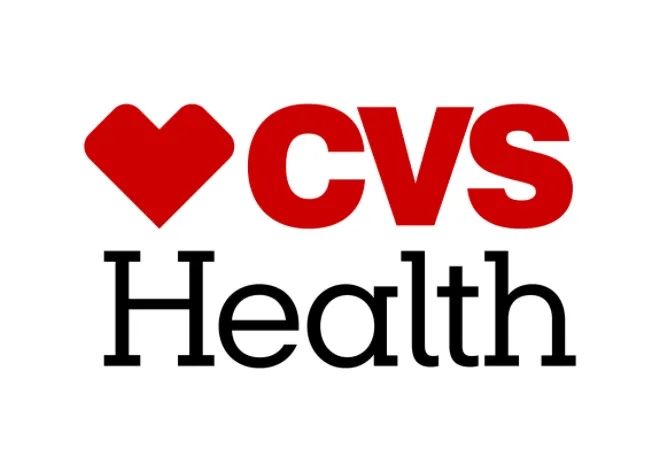WASHINGTON — The Federal Trade Commission has cleared the way for Express Scripts Inc.’s controversial acquisition of pharmacy benefits manager (PBM) Medco Health Solutions Inc. for about $29 billion.
The FTC announced its 3-1 decision after an eight-month examination of such issues as whether the merger would substantially reduce competition for pharmacy benefit management services, the effects the combined company’s increased bargaining power with pharmacies might have and whether the merger would harm users of specialty pharmaceuticals.
FTC Chairman Jon Leibowitz was joined by commissioners J. Thomas Rosch and Edith Ramirez in issuing the opinion to close the investigation of the merger deal, in effect allowing the transaction to be completed. Commissioner Julie Brill wrote the dissenting opinion.
In its statement, the majority held that the commission’s investigation “revealed a competitive market for PBM services” characterized by numerous, vigorous competitors who are expanding and winning business from traditional market leaders. It said that the acquisition of Medco by Express Scripts would likely not change these dynamics, that the merging parties “are not particularly close competitors” and that there was little risk of the merged company exercising “monopsony” power.
“Under these circumstances, we lack a reason to believe that a violation of Section 7 of the Clayton Act has occurred or is likely to occur by means of Express Scripts’ acquisition of Medco,” said the majority.
In her dissenting statement, Brill described the merger as an industry “game changer” that creates a “merger to duopoly” between the merged ESI/Medco and CVS Caremark Corp., “with few efficiencies and high entry barriers — something no court has ever approved.”
She also expressed concern about the likelihood of effects allowing the merged PBM and CVS Caremark to “pull their competitive punches” when bidding on customer accounts in the future.
In addition, she called on the commission to conduct a retrospective study on the merger in three years.
At Express Scripts, the company issued a statement describing the merged entity as combining “best-in-class clinical expertise and innovative applications of behavioral science” to improve patient health while driving down the cost of health care.
“Our merger is exactly what the country needs now,” stated George Paz, chairman and chief executive officer. “It represents the next chapter of our mission to lower costs, drive out waste in health care and improve patient health. We remain focused on formulary management, channel management and closing gaps in care, which will allow us to further improve the health of people with chronic and complex medical conditions.”
In the FTC’s majority statement, the three commissioners conceded that their conclusion was not reached easily, citing in part the concerns expressed by retail pharmacies and consumer groups that the combined firm would drive drug dispensing fees to the point “that they would threaten the important services” offered by local pharmacies.
“The views expressed by market participants are an important consideration in enforcement decisions, and we carefully examined all of the questions raised. Ultimately, however, we determined that the evidence did not bear out these concerns,” the FTC majority said.
A key concern of chain drug retailers and independent pharmacies was that a combined Express Scripts-Medco would have such a large influence in the prescription drug marketplace that it could force pharmacies to accept its contract terms, in turn hurting their businesses and patient access to pharmacy services. However, the FTC disagreed.
“The commission also considered whether the proposed acquisition would confer monopsony power on the merged company when it negotiates dispensing fees with retail pharmacies. As a general matter, transactions that allow firms to reduce the costs of input products have a high likelihood of benefitting consumers, since lower costs create incentives to lower prices. Only in special circumstances does an increase in power in negotiating input prices adversely impact consumers,” the FTC majority stated. “The commission examined this concern closely but found that the proposed transaction was unlikely to create or enhance monopsony power.”
According to the FTC, the merged PBM would have a 29% share of retail pharmacy sales, a smaller percentage than typically deemed necessary to demonstrate monopsony power.
“In addition, the data reveal that there is little correlation between PBM size and the reimbursement rates paid to retail pharmacies. Thus, there is no reason to believe that the merger, even if it exceeded the theoretical threshold for the exercise of monopsony power, would in fact lead to lower reimbursement rates,” the FTC stated. “Moreover, even if the transaction enables the merged firm to reduce the reimbursement it offers to network pharmacies, there is no evidence that this would result in reduced output or curtailment of pharmacy services, generally.”




